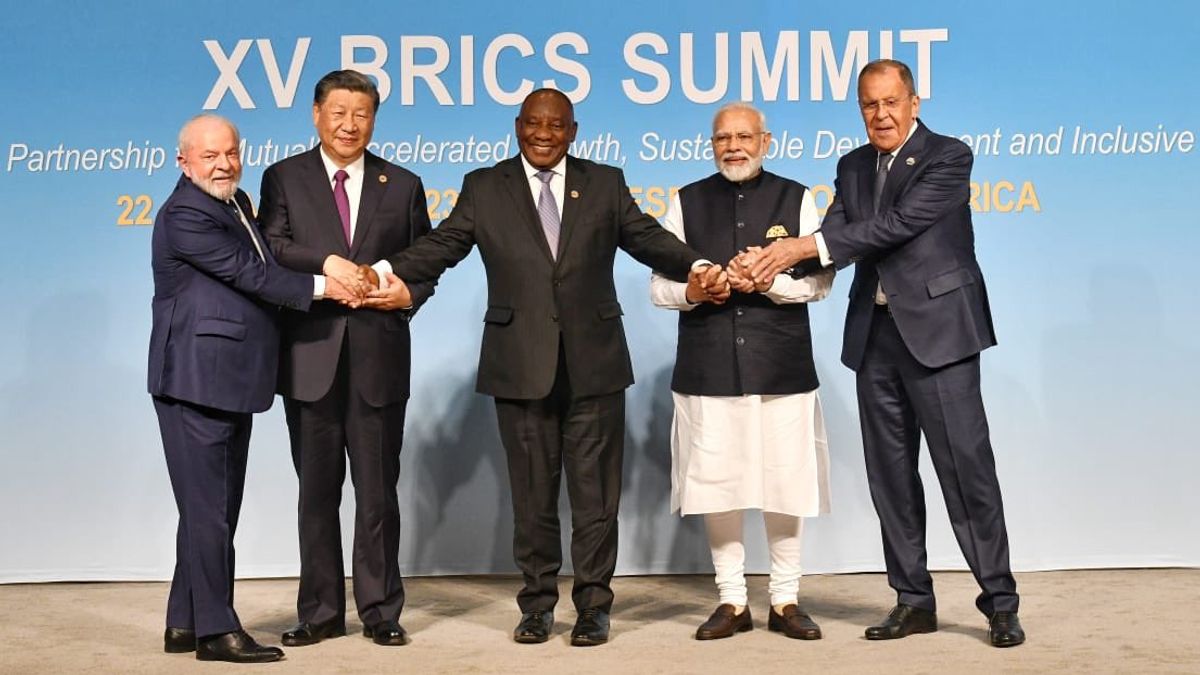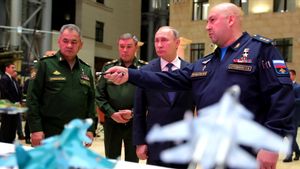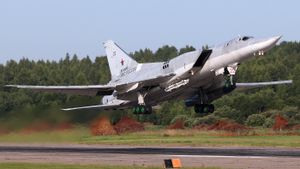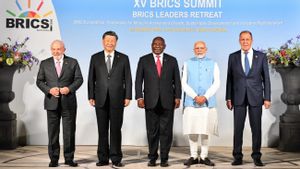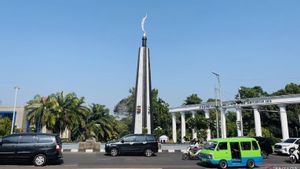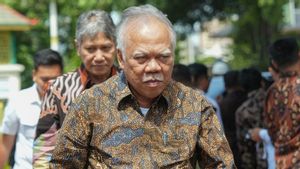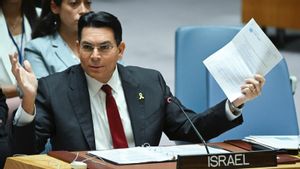JAKARTA - The leaders of the BRICS bloc have approved a mechanism to consider new members, South Africa's Foreign Minister said on Wednesday, paving the way for dozens of countries interested in joining groups that have pledged to fight for "Global South".
The deal on expansion could help exert global influence on Brazil-member BRICS, Russia, India, China, and South Africa, at a time when geopolitical polarization is pushing Beijing and Moscow's efforts to establish it into a viable balance for the West.
"We have agreed on an expansion issue," South African Foreign Minister Naledi Pandor said at Ubuntu Radio, after a meeting of BRICS leaders in Johannesburg, South Africa.
"We have a document that we have adopted that establishes guidelines and principles, a process to consider countries that wish to become members of the BRICS. It is very positive," he explained.
Enlarging BRICS is the main agenda in the meeting that took place in Johannesburg. Although all members of BRICS have publicly expressed their support for developing this block, there are differences of opinion among leaders about how much and how fast it is.
Its member countries also have very different economic scales and governments that often appear to have some of the same foreign policy goals, making it difficult to make decisions based on consensus.
China's economy, for example, is more than 40 times bigger than South Africa, Africa's most developed country.
Pandor did not provide details on the framework of the criteria for considering candidates, only saying the bloc leaders would make announcements about the expansion before the summit ends on Thursday.
Previously, more than 40 countries had expressed interest in joining BRICS, South African officials said, with 22 countries having officially requested acceptance.
They represent a collection of potential candidates who are different, from Iran to Argentina, who are largely motivated by the desire to equalize in global competition that many consider to be detrimental to them, interested in BRICS' pledge to rebalance the global order.
"The world is experiencing major changes, divisions and clustering again... the world has entered a new period of turbulence and transformation," said Chinese President Xi Jinping, who has long pushed for the expansion of BRICS.
"Development is a right that cannot be revoked from all countries. This is not a privilege that only some countries have," he said at Wednesday's meeting.
SEE ALSO:
While it is home to about 40 percent of the world's population and a quarter of global GDP, the group's ambitions to become a global political and economic player have long been thwarted by internal divisions and a lack of coherent vision.
Russia, which is isolated by the United States and Europe because of its invasion of Ukraine, wants to show Western countries that they still have friends. On the other hand, Brazil and India have established closer ties to the West.
Brazilian President Luiz Inacio Lula da Silva on Tuesday rejected the group's idea of having to try to compete with the United States and the Group of Developed Countries (G7).
The English, Chinese, Japanese, Arabic, and French versions are automatically generated by the AI. So there may still be inaccuracies in translating, please always see Indonesian as our main language. (system supported by DigitalSiber.id)
